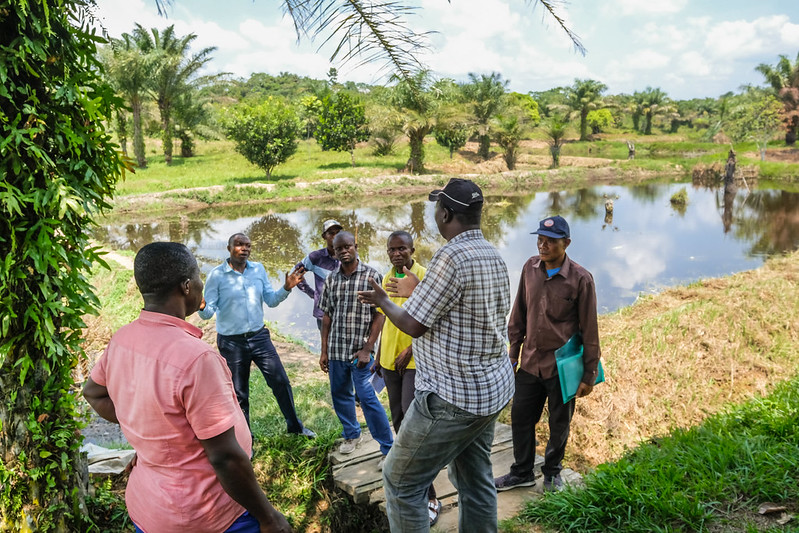Legal hub
LEGAL HUB

INSTITUTIONAL AND LEGAL CHALLENGES
The development and enforcement of appropriate legal frameworks is critical to help conserve wildlife, reduce poverty and improve food security.
Legal frameworks should reflect a diversity of interests. This includes environmental sustainability, socio-economic development (particularly for rural communities whose livelihoods depend on wildlife), customary use and traditional knowledge, gender equity, vulnerable and indigenous groups, and food security.
It is often difficult to reconcile all these aspects and interests across the different sectoral legislation that forms part of the national regulatory framework.
OUR RESPONSE
To address this challenge, the SWM Programme has developed five diagnostic tools (T) and relevant methodologies (M), founded on a Community Rights-Based Approach, which aim to:
- Map relevant statutory legal framework (T), (M);
- Review domestication of relevant international instruments (T), (M) ;
- Analyse consistency across sectoral legislations and identify potential gaps (T), (M);
- Clarify the relationships between statutory and customary law (T), (M); and
- Identify the barriers to implementation and/or enforcement of laws (T), (M).
These tools require both desk work and field surveys. All the desk work analysis is available on this Legal Hub. The Legal Country Profiles, which include both desk work and field survey information, aim to improve our understanding of the strengths and weaknesses of the legal frameworks. Such knowledge, combined with the evidence from other SWM Programme areas of work, will help inform the review and revision of legal frameworks aligned with country priorities.
This work was prepared by the SWM Programme team responsible for the “Legal and Institutional Result” and further endorsed by the respective host governments, before being uploaded on this web portal.
